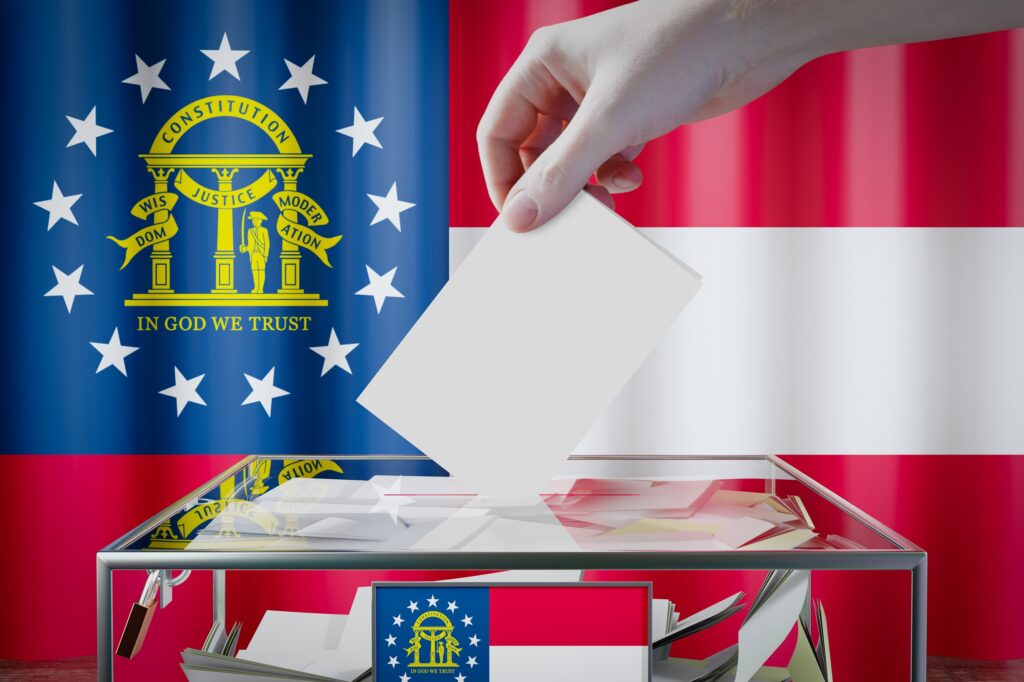Psychedelic-Assisted Therapy For Treating Mental Health Disorders
Author
Press Release
A Long, Strange Trip: Psychedelic Use in the Treatment of Mental Health Disorders
Media Contact
For general media inquiries and to book our experts, please contact pr@rstreet.org.
Executive Summary
In the United States, half of all people will be diagnosed with a mental health disorder in their lifetime, and depression is the leading cause of years of life lost due to disability worldwide. Given the burden of mental health disorders, it is vital to explore all treatment options to improve population health. Although they are classified by the Drug Enforcement Administration as Schedule I substances—a designation reserved for drugs with no current accepted medical purpose and high abuse potential—psychedelics show significant promise in treating mental health disorders. This paper describes the current evidence for using psychedelics as a treatment for mental health disorders, explores the existing policy landscape and offers suggestions for future psychedelic policy.
A number of clinical trials have assessed the use of different psychedelics to treat a wide range of mental health disorders, including depression, post-traumatic stress disorder (PTSD) and substance use disorders. Most of these trials combine psychedelic doses with guided therapy, which is often referred to as psychedelics-assisted therapy. There are relatively few clinical trials that have reported outcomes on psychedelics-assisted therapy; however, the initial results are extremely promising. Clinical research combined with observational studies demonstrate the relatively low abuse potential and low toxicity of psychedelics, which makes them even more appealing as a therapeutic option.
Although more research into psychedelic-assisted therapy is needed to refine methodology, some jurisdictions are already legalizing or decriminalizing certain psychedelics. The most prominent example of this is in Oregon, which legalized the use of psychedelics for therapeutic use in 2020. Several cities have also legalized possession and use of psychedelics, with other states considering similar policies.
This paper sets out to familiarize policymakers with the existing body of research on psychedelics use for the treatment of mental health disorders. Additionally, the paper will highlight several factors for policymakers to consider when developing policies associated with psychedelic medicine. These factors include the need for more research into psychedelic medicine, the need to educate and increase the mental health workforce, and the need to ensure equity and access.










